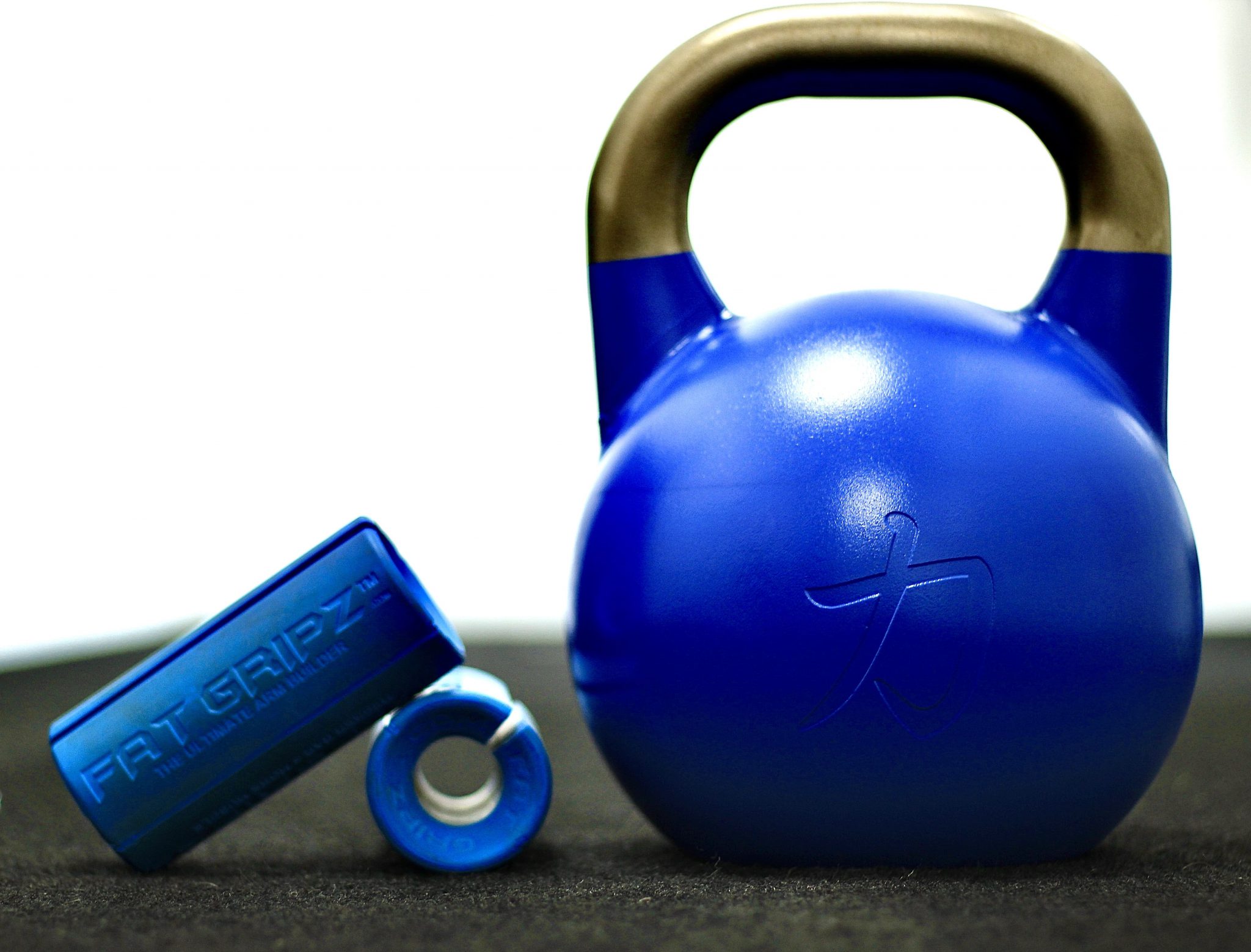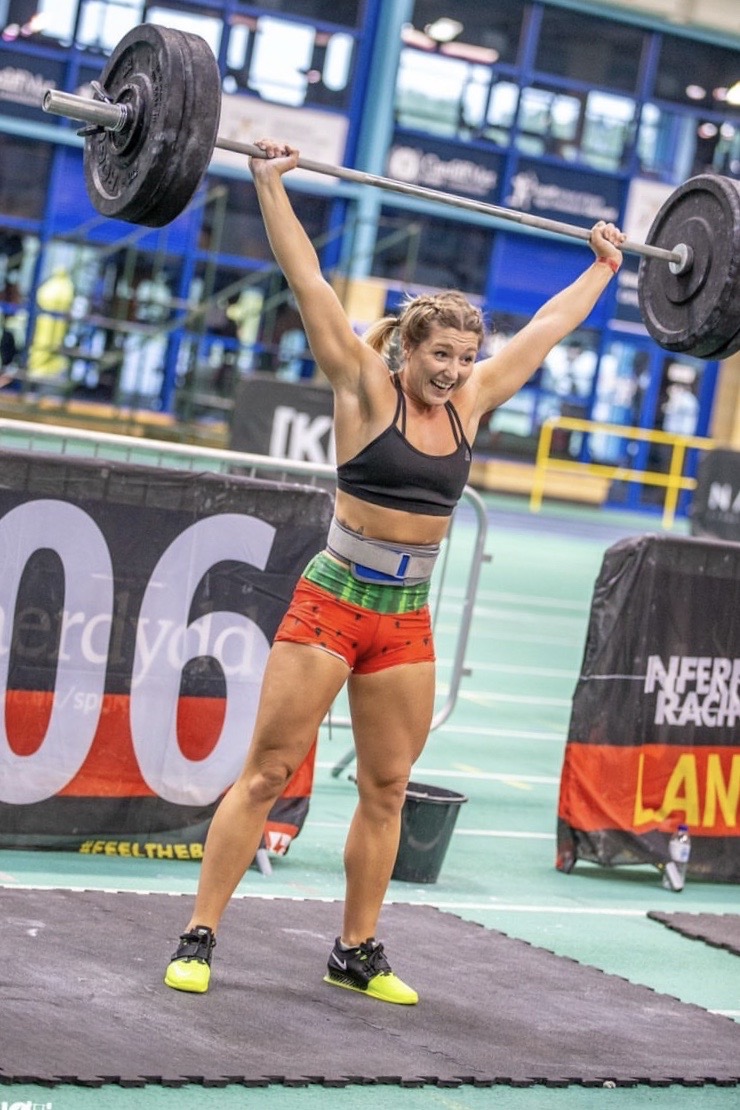Yes, it’s not something I enjoy and I never have.
I was always told by friends, family, teachers, even the television (ironically) that reading is really important and if you don’t do it, you will “struggle” in life.
I have also been told on many occasions by the same list above and by ‘gurus’ that the more you do it the easier and faster it gets.
Well I am definitely the exception to the rule, or lazy.
It’s not that I don’t read and it’s not that I am ignorant to the benefits of reading, it’s just something I am not very good at and don’t enjoy.
I have completed 3 degrees and have read numerous books and scientific papers along the way, but I have not got any faster nor enjoyed the reading experience any more.
I have followed the advice regarding ‘pick a topic you are interested in and read about that’, I have read fiction and non-fiction and the same result.
I used to joke about it a lot and acted like I didn’t care that I didn’t enjoy reading but I did care. I couldn’t work out why it was such a problem and why people “loved the book over the movie”.
But then podcasts started to become popular and I started to notice that I was able to absorb a lot more information when I listened to something than when I read it. I went from podcasts to audiobooks and educational CDS and discovered that I love learning but just not through reading.
I still read of course but my point is, I ENJOY listening, therefore, I learn more when I listen.
How is this relevant to sports medicine and performance, I hear you ask?
Well, it’s about Learning Styles and Methods of Communication.
If I as the physiotherapist cannot explain what I want the athlete to do than the result will be poor and I will not get my point across.
If I cannot demonstrate and explain a diagnosis through a number of different mediums so that it is absolutely crystal clear what the problem is and how I can fix it, the result will be poor.
If I just use the same approach for every patient using MY (not the athletes) preferred method of communication, then only a certain number of athletes are going to understand what I want from them and the results will be poor.
My point is; it’s up to both the athlete and the physio to identify which method works best so that the optimum result is achieved. This may require the athlete to explain about previous physio experiences where things did not work out or the physio may use a mixture of verbal and non-verbal communication skills e.g video playback for both movement analysis and exercise prescription, using anatomical models to explain diagnosis, pictures, demonstrations, metaphors, tone of voice etc etc
Like my problem with reading, it’s not always the most obvious method that works and sometimes it takes time to discover which method suits best but when it does work out, the results are extraordinary.
For example, before 2014 I would read for “fun” a maximum of 3-4 books per year compared to 35 books in the past 9 months.
If you want to get better at sport or exercise, you need to find out what the barriers are to achieving this. Sometimes the barriers are actually just poor/inappropriate communication and the learning environment the athlete is in.
My advice is to take control of your learning style and environment and if it’s not working for you, change it despite what other “wiser” people may say.
At ProCare I use a mixture of communication techniques and methods so that learning is optimised and results are consistent.
This email is dedicated to my brother Ciaran who would read the barcode off a packet of sweets.



